Ectopic pregnancy
Ectopic pregnancy is a common phenomenon that requires attention from both doctors and women themselves. Over the past decades, the pathology has become 2-4 times more common. Weak or atypical signs of ectopic pregnancy prevent early diagnosis.

specialists

equipment

treatment
Symptoms of an ectopic pregnancy

The following symptoms are typical for an early ectopic pregnancy:
- Delayed menstruation
- Brown vaginal discharge
- Pulling or sharp pain in the lower abdomen
- General signs of pregnancy are nausea, breast swelling, loss of appetite
If you notice any unpleasant symptoms, consult a doctor and undergo a comprehensive examination.
Types of ectopic pregnancy
There are 3 types of ectopic pregnancy:
- Abdominal. The egg attaches to the omentum, liver, uterosacral ligaments, or the area between the uterus and rectum. This type of pregnancy increases the risk of severe bleeding and damage to internal organs. The fetus often develops serious birth defects.
- Tubal. The most common form of ectopic pregnancy, in which the egg attaches to the wall of the fallopian tube. Complications include arrest of embryonic development and rupture of the tube with severe bleeding.
- Ovarian. It is detected in less than 1% of all ectopic pathologies. It is accompanied by the attachment of the egg to the ovary, an inflammatory process, and damage to the ovary. There is a high probability of developing peritonitis
In rare cases, cervical pregnancy occurs. It is characterized by the attachment of the egg in the cervix, a high probability of sudden bleeding due to the proximity of large vessels.
The table presents the types of ectopic pregnancy with a description of the features and possible risks.
| Type of pathology | Where the egg is attached | Features | Possible risks |
|---|---|---|---|
| Abdominal |
Organs of the abdominal cavity:
|
|
|
| Tubal | Falling tube |
|
|
| Ovarian |
|
|
|
| Cervical | Cervical canal (cervical canal) | Can be caused by abortions, cesarean sections, or fibroids |
|
Answers to popular questions
Doctors from “K+31” answered the most pressing questions about ectopic pregnancy.
How does an ectopic pregnancy affect a woman's ability to have children?
When can you return to training after treatment for an ectopic pregnancy?
What are the main risks for uterine pregnancy?
Does a woman's age affect the likelihood of an ectopic pregnancy?

This award is given to clinics with the highest ratings according to user ratings, a large number of requests from this site, and in the absence of critical violations.

This award is given to clinics with the highest ratings according to user ratings. It means that the place is known, loved, and definitely worth visiting.

The ProDoctors portal collected 500 thousand reviews, compiled a rating of doctors based on them and awarded the best. We are proud that our doctors are among those awarded.
Make an appointment at a convenient time on the nearest date
Price
Other services
Hormone therapy
Radio wave gynecology with the Surgitron deviceLaser therapy using the Photona device
Sling operations Delayed menstruation Removal of the uterus (hysterectomy) Thrush (vaginal candidiasis) Prolapse of the uterus and vagina Uterine polyp (endometrial polyp) Cervical dysplasia Adenomyosis Treatment of sexual infections Vaginitis (Colpitis) Erythroplakia of the cervix Endometritis Bacterial vaginosis Symphysitis (symphysiopathy) Erosion and ectopia of the cervix Vulvovaginitis Premenopause Uterine artery embolization for uterine fibroids Cervicitis Gynecologist consultation Dysmenorrhea (painful periods) Amenorrhea Removal of the ovaries (oophorectomy) Postmenopausal Sphinctermetry Treatment and intimate rejuvenation with the Fotona laser Adenomyosis (Endometriosis of the uterus) Vulvitis Vaginal surgeries Inflammation of the appendages (adnexitis, salpingo-oophoritis) Labiaplasty (labiaplasty) Bartholinitis Surgery to remove an ovarian cyst Prolapse (prolapse) of the uterus and vagina Hormone replacement therapy (HRT) First menstruation 7 days after embryo transfer Biochemical pregnancy IVF protein diet Day 5 after embryo transfer Follicles Bicornuate uterus and pregnancy Day 9 after embryo transfer 1 day after embryo transfer Age and Fertility 10 days after embryo transfer
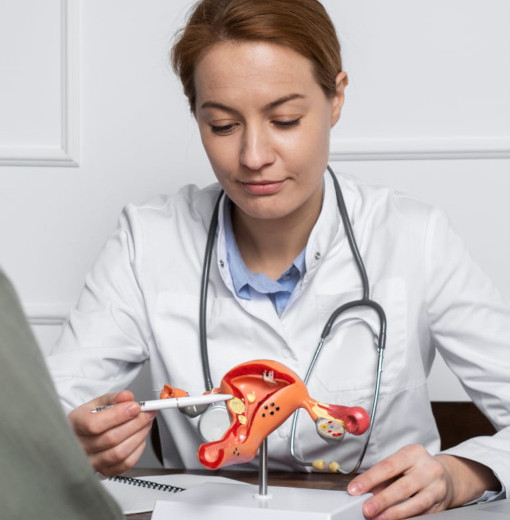
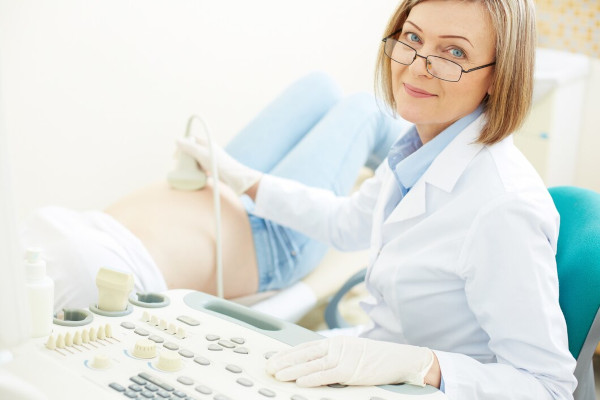
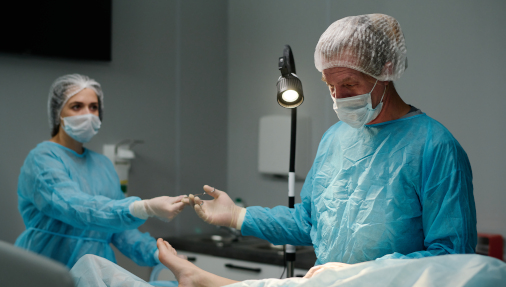
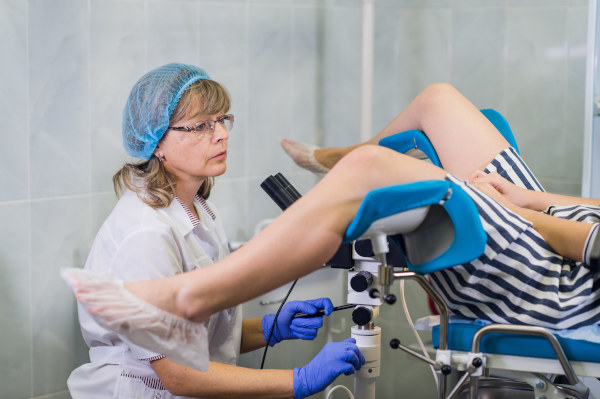



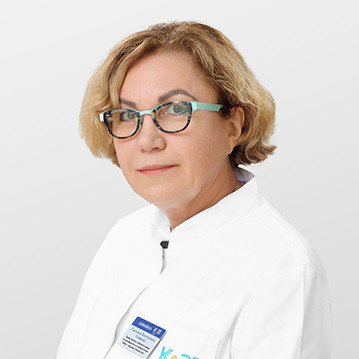

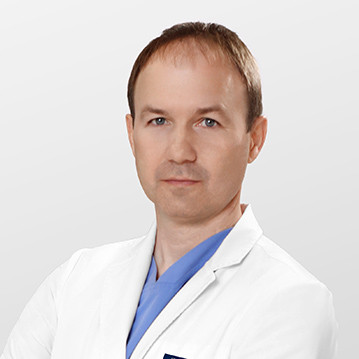
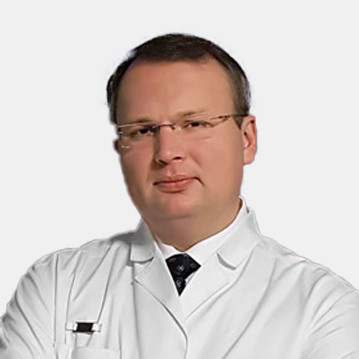
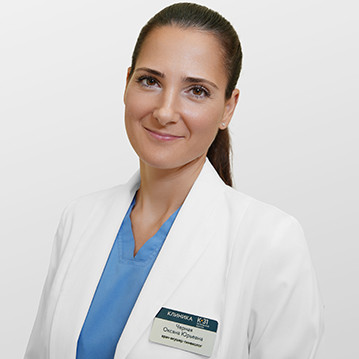



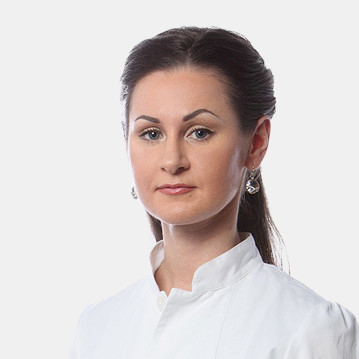
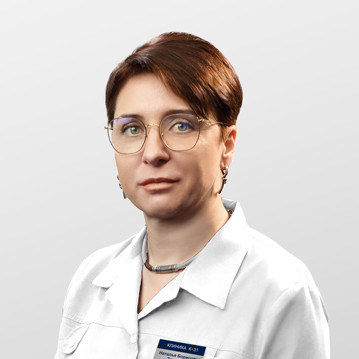

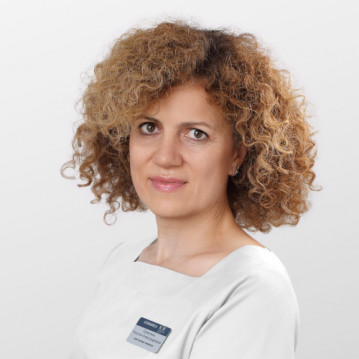


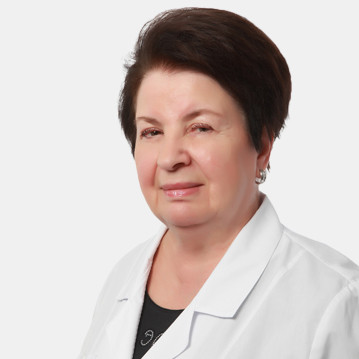
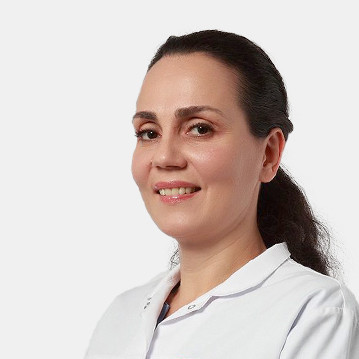

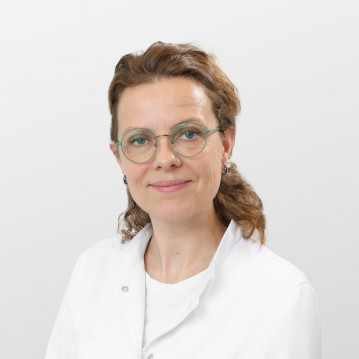
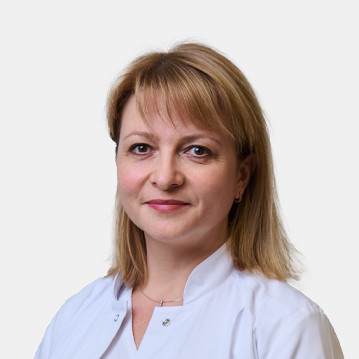

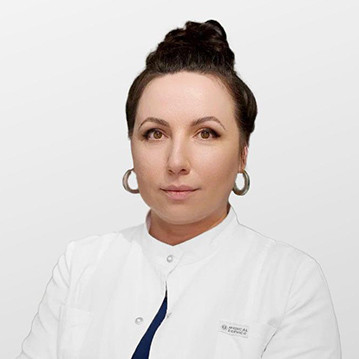

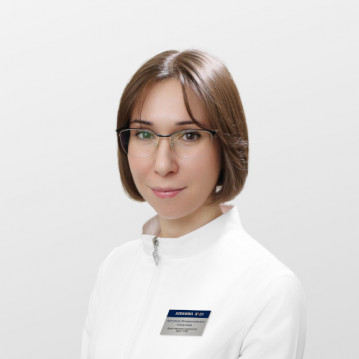


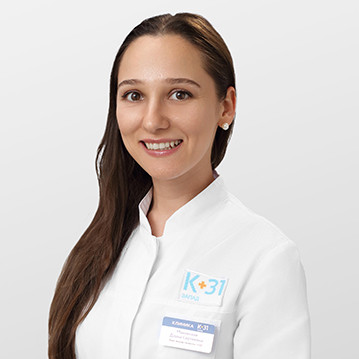
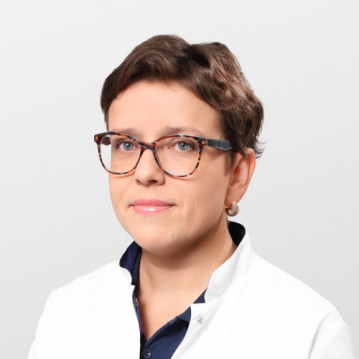
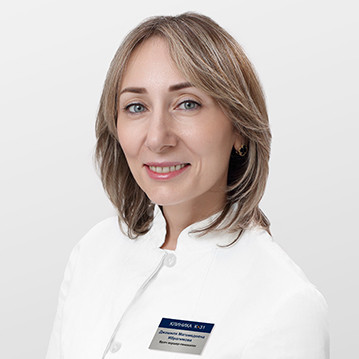

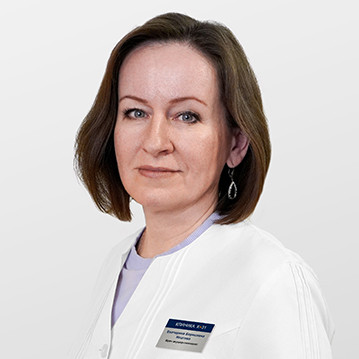







Causes of ectopic pregnancy
The main cause is a malfunction of the fallopian tubes. These hollow organs are lined with microscopic villi that help the egg enter the uterus. If their function is disrupted, the egg is attached in the wrong place.
Factors that increase the risk:
There is also a high probability of an ectopic pregnancy in women who have previously had an ectopic pregnancy and in those who use intrauterine contraceptive devices.